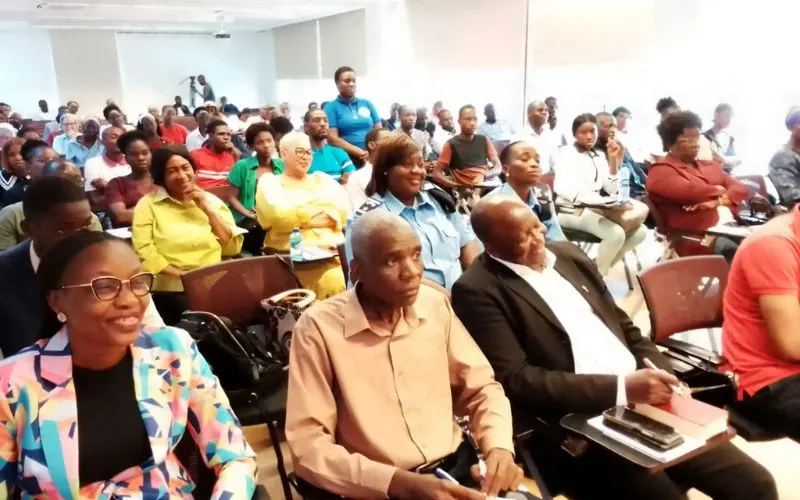“We have to be very careful with fake profiles of people who are only dedicated to doing harm to naive users like children and young teenagers,” she went on to warn, and added, “It is important to impose limits on children's use of social media in order to prevent the harmful consequences of the internet.”
Ms. Milena da Costa argued for policies around the exposure of children to social media and the related peripherals. She said, “First of all, it's important to establish clear rules and talk about the risks involved. It's also important to monitor the amount of time your children spend on the computer screen or in front of a cell phone.”
“Today, the influence of digital technologies on families has changed interpersonal relationships, especially in families that are restricted to parents and children,” the 54-year-old Angolan journalist noted.
She recognized the enduring presence of the digital culture, saying, “We live in a world unknown to everyone, but we must embrace this new way of living, because after all, social networks are here to stay. Today, I can't imagine a world without social media.”
The Coordinator of the Forum of Women Journalists for Gender Equality in Angola warned about the addictive nature of the digital culture, and the related psychological challenges.
“We have also seen that the behavior of some people when they are disconnected from a network has withdrawal symptoms with anxiety, aggressiveness, they become dependent and resemble people who are dependent on alcohol or other drugs,” she observed in her May 10 input at the Communication Week conference in Angola.
Turning her attention to children, Ms. Milena da Costa appealed, “Avoid imitating everything you see on social media, making constant comparisons with others because this can lead to low self-esteem and negatively affect emotional development.”
“We have to live our real life. And what is real life?” she posed.
Real life, the Angolan journalist said, is “what we manage to have because what we see in the virtual world is very beautiful and everyone sounds very happy.”
She warned, “What we see on social media is a rose-colored world where we're all beautiful, we're all perfect, while in the real world that's not the case.”








